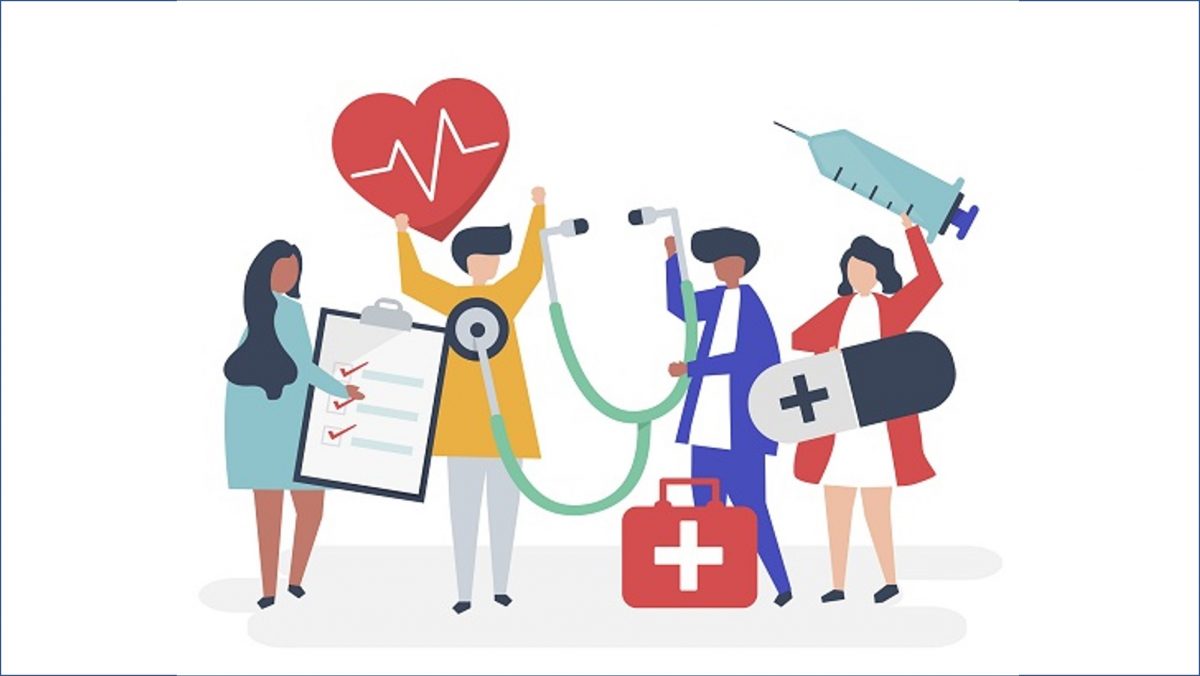
In the ever-evolving landscape of healthcare, the emphasis on preventive measures has gained significant traction. Among the various facets of preventive healthcare, the role of diagnostic tools and technologies stands out prominently. The advent of preventive health diagnostics has ushered in a new era, where proactive measures are taken to detect potential health risks before they escalate into more serious conditions. This paradigm shift is poised to revolutionize the way we approach healthcare, putting the power of prevention firmly in our hands.
Harnessing the Power of Early Detection:
Preventive health diagnostics empower individuals to monitor their health proactively, providing insights that enable timely interventions. Through regular screenings, individuals can identify potential health issues at their nascent stages, enabling prompt treatment and reducing the risk of complications. From routine blood tests and genetic screenings to advanced imaging techniques, these diagnostics help identify predispositions to diseases, enabling personalized prevention plans and lifestyle modifications.
Shifting the Focus from Reactive to Proactive Healthcare:
By embracing preventive health diagnostics, the healthcare industry can shift its focus from reactive treatments to proactive interventions. Instead of waiting for symptoms to manifest, healthcare professionals can proactively identify risk factors and develop targeted strategies for disease prevention. This not only improves patient outcomes but also significantly reduces healthcare costs associated with managing advanced-stage diseases.
Empowering Individuals and Promoting Personalized Care:
Preventive health diagnostics empower individuals to take control of their health. By gaining a deeper understanding of their unique health profiles, individuals can make informed decisions about their lifestyle, diet, and exercise regimen. This personalized approach to healthcare ensures that individuals receive tailored interventions that are optimized for their specific needs, enhancing overall well-being and quality of life.
© Copyright & all reserved by Goyalmri.com 2023